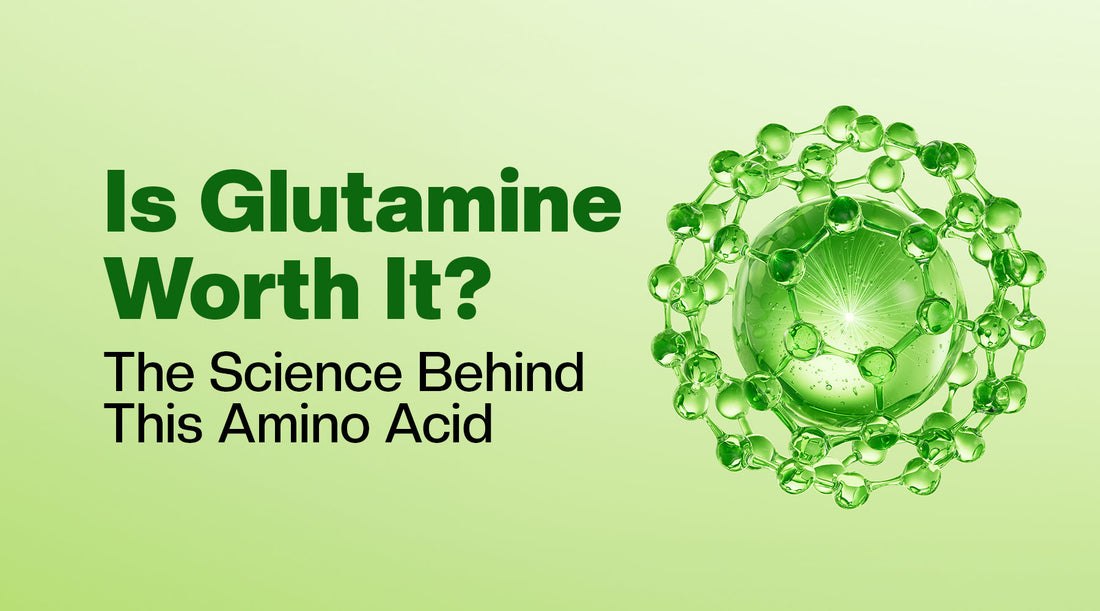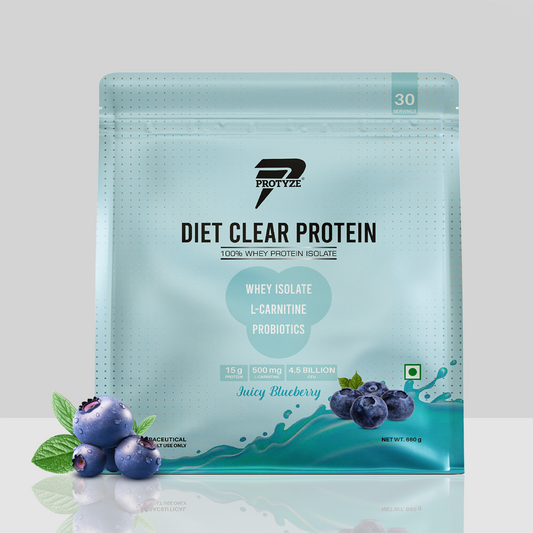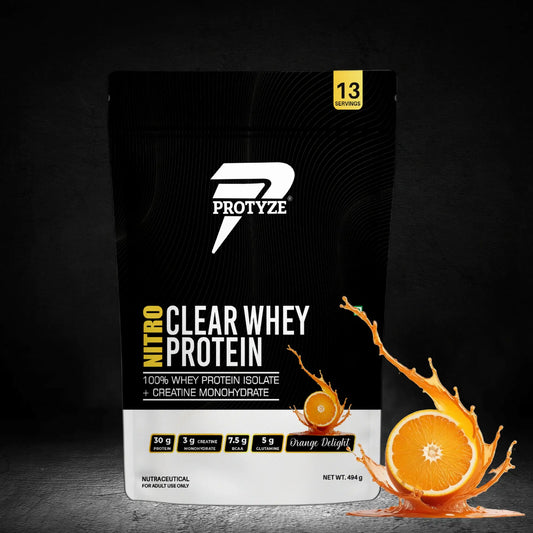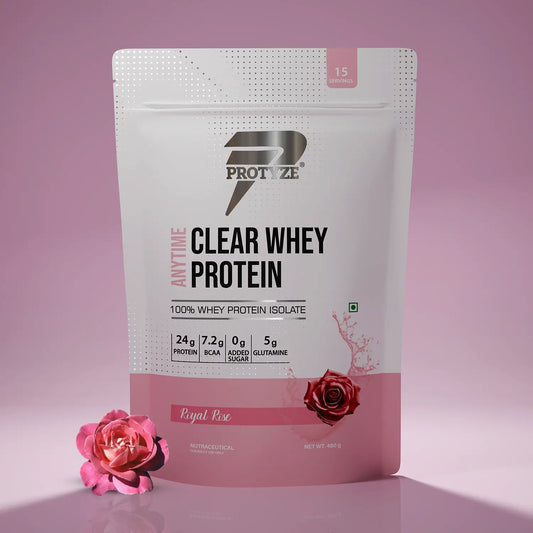You’ve probably heard the name glutamine tossed around in fitness circles—but is it really worth the hype? Unlike some trendy ingredients, glutamine actually has solid science behind it. It’s not just about building muscle—it’s about helping your body recover faster, keep your digestion strong, and support your immune system when stress or hard training wears you down.
Think of glutamine as your body’s quiet helper. You might not notice it like a protein shake or creatine boost, but when your workouts get intense or your energy feels low, glutamine steps in to keep things running smoothly.
In this article, we’ll break down what glutamine does, why your body needs it (especially during tough training), and how you can easily get it—without adding more pills or powders to your routine. If recovery matters to you, it’s time to understand what glutamine brings to the table.
What is Glutamine?
Glutamine is one of the 20 amino acids your body needs to function. It’s called a conditionally essential amino acid. That means your body usually produces it on its own, but during times of physical stress—like intense workouts, illness, or injury—your body might not make enough.
It plays key roles in:
-
Muscle recovery and repair
-
Immune system support
-
Gut health and digestion
-
Cell hydration and nitrogen transport
So, while it doesn’t directly build muscle like protein or creatine, it helps your body stay in shape to do that work more efficiently.
Glutamine and Muscle Recovery
When you exercise hard—especially strength training or long endurance workouts—your body’s natural glutamine levels can drop. This can slow down recovery or leave you feeling fatigued longer than usual.
Adding glutamine through supplements or protein powders may help:
-
Reduce muscle soreness
-
Support quicker repair of muscle tissue
-
Improve recovery between sessions
For people who train regularly, especially at high intensity, this can make a noticeable difference in how fast you bounce back.
Glutamine for Gut Health and Immunity
One of glutamine’s most important jobs is in the gut. It’s the main fuel source for cells in your digestive system, which helps maintain a healthy gut lining. This becomes really useful when your digestion feels off or when your body is under stress.
A healthy gut also supports a stronger immune system. When your gut barrier is strong, your body is better protected from inflammation and infections.
So, if you experience digestion issues or often fall sick during hard training phases, glutamine might help in the background.
Do You Really Need Glutamine Supplements?
It depends on your goals and training level.
You may benefit from glutamine if:
-
You do intense or frequent workouts
-
You’re in a calorie deficit or trying to lose weight
-
You struggle with soreness, fatigue, or gut discomfort
-
You feel your recovery is slower than it should be
If you’re getting enough protein through food or high-quality supplements, you may already be getting enough glutamine. But in certain cases, extra support can speed up recovery and support gut health—without needing a separate glutamine supplement.
Where Can You Get Glutamine from Protein Powders?
Some functional protein powders are designed to do more than just give you protein. For example:
✅ Protyze Hydra-X Clear Whey Protein
Hydra-X is specially made for high-performance recovery. It combines 20g of clear whey protein with 3g of glutamine, 3g of creatine, and electrolytes. It’s ideal for people who train hard, sweat more, or want faster recovery after workouts. The clear texture is also light and refreshing—easy to digest after a tough session.
Conclusion: Is Glutamine Worth It?
Glutamine may not be as popular as protein or creatine, but it plays a key role behind the scenes—helping your muscles recover, supporting digestion, and keeping your immune system strong.
If you’re training seriously or facing frequent fatigue, glutamine can be a useful part of your recovery plan. And the best part? You don’t need to take it separately. Just choose a functional protein like Hydra-X Clear Whey Protein, which already includes glutamine along with other recovery ingredients.
Keep it simple, support your body, and let your recovery work just as hard as your training.
